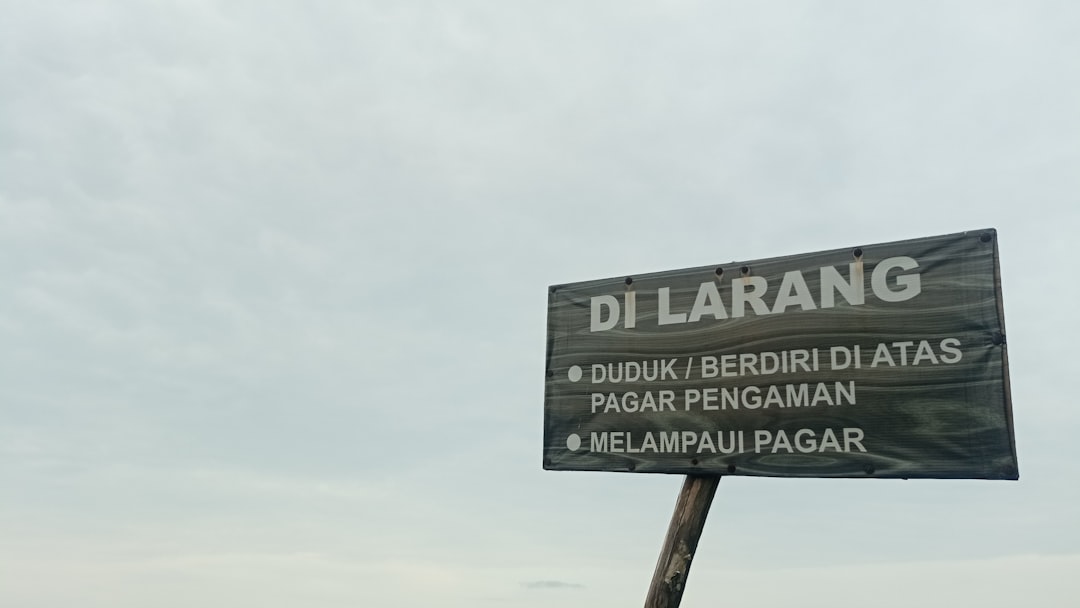Elder self-neglect in Oregon is a growing issue, affecting 1 in 50 older adults annually, primarily due to social isolation and financial hardships. Specialized elderly sexual assault law firms highlight the complex interplay between abuse and neglect, advocating for comprehensive services and protections. Oregon's legal system strictly penalizes elder sexual abuse, offering justice and support through dedicated law firms while providing a robust network of non-profit organizations, government agencies, and senior centers to tackle self-neglect and exploitation. Community initiatives focus on education and early intervention to enhance protection for the state's aging population.
In Oregon, the issue of elder abuse and self-neglect among seniors is a growing concern. This article delves into the intricate relationship between these two pervasive problems, examining recent statistics and trends in elder self-neglect. We explore risk factors, delve into legal protections, particularly Oregon’s response to elderly sexual assault, and highlight support systems for vulnerable seniors. Additionally, we discuss preventative measures taken by communities to combat elder abuse, emphasizing the importance of awareness and collective action through the lens of Oregon’s elderly sexual assault law firms.
The Prevalence of Elder Self-Neglect in Oregon: Statistics and Trends

In Oregon, the issue of elder self-neglect has garnered significant attention due to its growing prevalence. According to recent studies, approximately 1 in every 50 older adults in the state is at risk of neglect, with many cases remaining unreported. The Oregon Health Authority estimates that over 4,000 elderly individuals experience some form of self-neglect annually, encompassing a range of issues from malnutrition and unsanitary living conditions to severe emotional distress. These statistics underscore the urgent need for awareness and intervention strategies to protect Oregon’s aging population.
Trends indicate a steady rise in elder self-neglect cases over the past decade, with factors such as social isolation, cognitive decline, and financial hardships exacerbating the problem. Unfortunately, given the sensitive nature of these issues, many victims struggle in silence, often due to embarrassment or fear of repercussions. This is particularly concerning for vulnerable older adults who may be dependent on caregivers or family members for support, making them even more susceptible to neglect. Elderly sexual assault law firms in Oregon highlight this complex interplay between abuse and neglect, emphasizing the need for comprehensive services and legal protections to ensure the safety and dignity of Oregon’s elderly residents.
Identifying Risk Factors for Elder Abuse and Neglect

Elder abuse and neglect are complex issues with various interconnected factors. Understanding these risk elements is crucial for early detection and prevention in Oregon, where an increasing elderly population makes the problem more prevalent. Many cases involve self-neglect, where seniors fail to meet their basic needs due to physical or mental limitations, leading to a cycle of degradation and vulnerability. Financial strain, for instance, can push older individuals into desperate situations, making them susceptible to exploitation by caregivers or strangers.
Other risk factors include social isolation, as elderly folks with limited social connections may be less likely to report abuse or seek help. Cognitive impairments, such as dementia, can impair an elder’s ability to comprehend their rights and make informed decisions, leaving them at higher risk of sexual assault or financial exploitation. Law firms specializing in elderly sexual assault cases highlight these issues, advocating for stronger protections and support systems to safeguard Oregon’s aging population.
Legal Aspects: Oregon's Laws Addressing Elder Sexual Assault

In Oregon, elder sexual abuse is a serious issue that falls under strict legal scrutiny. The state has implemented comprehensive laws to protect its elderly population from such heinous crimes. These regulations not only define and penalize various forms of sexual misconduct against seniors but also provide victims with legal recourse through dedicated elderly sexual assault law firms in Oregon.
The Legal Aid Service of Oregon outlines that any non-consensual sexual activity or behavior with an elderly individual is considered a crime, including unwanted touching, sexual exploitation, and coercion. Furthermore, these laws extend to scenarios where a caregiver or family member takes advantage of their position of power, making them liable for criminal charges. The state’s legal framework ensures that victims receive justice and support through specialized law firms catering to elder abuse cases, offering guidance on compensation and rehabilitation services.
Support Systems and Resources for Seniors at Risk

Seniors in Oregon facing potential abuse or self-neglect have access to a range of support systems and resources designed to protect and empower them. Local non-profit organizations, government agencies, and dedicated legal firms, including those specializing in elderly sexual assault cases, play pivotal roles in offering assistance. These entities provide critical services such as crisis intervention, legal aid, and safe housing options.
For instance, Oregon’s Department of Human Services offers various programs to prevent and address elder abuse, while local senior centers often serve as hubs for social engagement and support networks. Additionally, elderly sexual assault law firms offer specialized legal assistance, ensuring seniors’ rights are protected and providing them with the resources needed to pursue justice and heal from traumatic experiences.
Preventative Measures: Community Initiatives to Combat Elder Abuse

Community initiatives play a pivotal role in preventing elder abuse and self-neglect, especially in Oregon, where awareness and support networks are crucial. Programs focused on education and early intervention can significantly reduce instances of abuse. Local organizations often collaborate with law enforcement, healthcare providers, and social services to create safety nets for vulnerable seniors. These efforts include community outreach programs that educate both the elderly and their caregivers about recognizing and reporting abuse, ensuring a proactive approach.
Additionally, support groups and counseling services tailored for older adults encourage open dialogue about potential neglect or abuse experiences. Such initiatives not only empower individuals but also foster a culture of care and resilience within communities. Legal aid organizations specializing in elderly rights further contribute by offering guidance on relevant laws, such as the Oregon Elder Abuse Prevention Act, which includes provisions against financial exploitation, physical abuse, and sexual assault, thereby providing essential protection for senior citizens.




